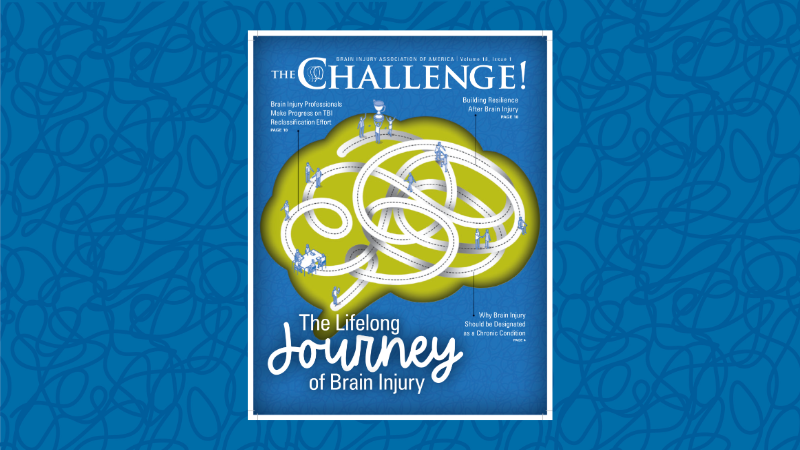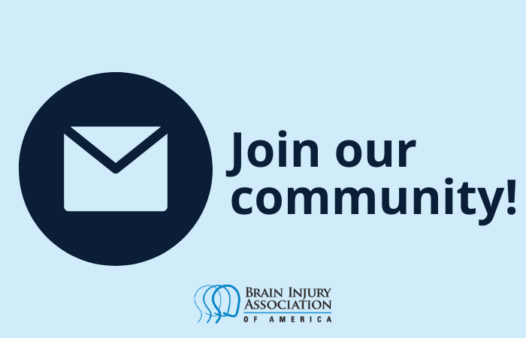Kathleen Sheehan

“From even the greatest of horrors, irony is seldom absent.” H.P. Lovecraft
On 5/29/23, my vibrant, fit, 68-year-old sister suffered a traumatic brain injury after falling down the steel and concrete floating staircase in her Dublin condo. I was visiting and was the one who found her.
What followed was a nightmare filled with Irish angels, strangers who answered my screams for help, called an ambulance, stayed with us while we waited, and cleaned up the mess of blood and vomit. Patty was taken to St. Vincent’s, and they immediately transferred her to Beaumont Hospital, the best place in the country for neurosurgery. At Beaumont, a craniotomy was performed and a coma was induced. Those who’ve been through this are familiar with the waiting game before more time spent in the hospital until the “skull bits” (as they say in Ireland) can be replaced.
Patty emerged from her coma as well as anyone could, without any secondary injuries. We were hopeful for a nearly full recovery. Family support was immediate. Patty’s adult son and daughter cast aside their own lives when they each boarded the next flights out of Chicago and NYC to Dublin.
Patty received the best care Ireland had to offer, concluding with her placement in rehab at Royal Hospital Donnybrook. Once Patty began this program at RHD in late August, Johnny and Mo finally returned to their lives in Chicago and Brooklyn. In October, upon returning to the U.S. after rejecting RHD, Patty began outpatient treatment at Chicago’s Shirley Ryan Ability Lab, a program considered by most to be the best in the world. Despite the fact that Patty had the means, access, and family support critical to recovery from a massive brain injury such as hers, our hopes for a full recovery grew dim.
Early on, Patty’s Dublin care team indicated “lack of insight” as her biggest recovery hurdle. Yet, she was allowed to refuse medication and abandon her treatment. We understand that agency is important, but when agency is prioritized prematurely, recovery is stalled, if not, as in the case of my sister, aborted.
In Chicago, Patty continued to have the support of our large family while in the outpatient program at SRAL. This team had her file from Dublin; they were aware of her history of noncompliance and lack of insight. Surprisingly, the team did not prioritize developing insight in order to make the most of the occupational therapy, physical therapy, and speech and language therapy programs. Demonstrating a “lack of insight” was mentioned as a factor as if it were Patty’s choice and her fault. If only she would develop insight, then she could be helped.
I have learned from my own reading, not from any care team, that there is a term for this special kind of “lack of insight” that is a feature of severe cases of schizophrenia, severe bipolar, a stroke, or a severe TBI. It is not the same lack of awareness that we are all capable of at times or encounter in others in an everyday, nonclinical way. This type of lack “lack of insight” is called anosognosia. If advocating for TBI victims, it’s imperative that we make this distinction in our language. Words do matter. If we begin to make the effort to identify the condition correctly, then perhaps we’ll intensify our efforts to learn how to manage it. When we simply refer to this unique condition with the pedestrian phrase “lack of insight” we are effectively suggesting that it can be resolved through education, experience or possibly even simple willpower.
In January, Patty flew to Maryland and has been living on her own in an Airbnb. She’s had no treatment, no follow up, not seen a doctor since December and rejects assistance. Her impairments will grow as she ages without treatment. She has chosen to hostilely estrange herself from most of the family, convinced that we do not trust her and want to control her.
So here we are with a loved one who miraculously survived a severe traumatic brain injury and had the medical attention of the best of the best, who will continue to decline as she lives alone, isolated from family without any treatment. And why? In my opinion, the answer is because no one knew how to do the hardest part. No medical expert trumped her compromised judgment and insisted on medication. No medical expert honestly confronted the elephant in the room and strategically approached her “lack of insight.” Instead, they appeared to blame what they couldn’t manage on the patient and offload the challenge to the family without naming it.
I appreciate that my sister was not an easy patient. This obstacle of anosognosia is monumental. So why isn’t it talked about? If her biggest hurdle is anosognosia, then shouldn’t the priority have been on neuropsych evaluations to guide treatment?
Why isn’t there more training for how to approach patients with this condition, and why aren’t families prepared for the emotional pain they are about to endure? How is someone who has experienced a TBI and demonstrates impaired judgment through their “lack of insight” allowed to refuse medication that would benefit their recovery? Does this make sense?
If we’re going to advocate for TBI victims, we need to advocate for research and training to equip professionals to do the hardest part. Let’s not limit our efforts to addressing only the measurable, easily identifiable, visible impairments. When we stop short and turn away from the challenge of anosognosia, we’re denying the profound healing potential in human relationships. Easy judgment allows us to turn away from accurately identifying what the victim is going through and offering them compassion.
We’ve lost a loved one we haven’t technically lost. The medical community would count Patty’s as a life saved. Yet those who know her realize her life is diminished in ways that no clinician has seemed willing to count. Or name. Let’s call it what it is, anosognosia, and learn how to treat it.


Join the Conversation